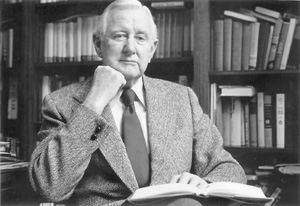
The racism on which it battened is at least as old as the settlement of America, but achieved its florescence in “Manifest Destiny.” Surely it is not accidental that the institutionalization of segregation in the South should have coincided with our venture into political imperialism at the end of the 19th century.Ĭuriously, Jim Crow’s appearance was made under the most “decent” auspices. The idea of Jim Crow was born as early as Jackson’s day, but as a way of life it did not make its full appearance until the end of the 19th century, in McKinley’s administration. In this examination of the central and controlling custom of 20th-century Dixie, Woodward is celebrating the passing of an idea. Much of what he has to say here he foreshadowed in his brilliant biography of Tom Watson, Agrarian Rebel and in his monumental Origins of the New South, which established his reputation as the leading historian of the post-Civil War South. Woodward destroys the myth that Jim Crow laws and regulations arose with Reconstruction and are, therefore, an inseparable part of the Southerner’s conception of how he must order his affairs so that the races may “live together.” What Woodward presents is a sharp portrait of an institution that actually sprang up in the 1890’s as a response to some of the problems of modern America, only to become itself one of the chief problems of American democracy. Vann Woodward comes to grips with both the facts and the fictions of segregation.

Richard Lectures in History delivered at the University of Virginia in 1954), C. In The Strange Career of Jim Crow (consisting of the James W.


 0 kommentar(er)
0 kommentar(er)
